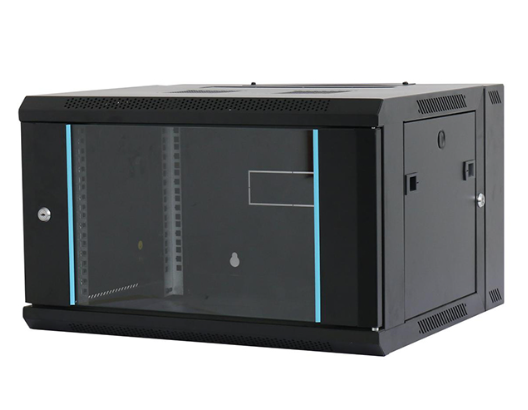News
Site Editor
 Site
https://leonetworkgroup.usa18.wondercdn.com/uploads/image/5fe152faa587d.png
Network security monitoring tools are software applications that are utilized to safeguard computer networks from cyber-attacks and unauthorized access by providing real-time alert notifications and automating incident response mechanisms.The modern landscape of cyber threats is very complex and sophisticated, and even the most advanced security systems can sometimes be breached. That is why netwo
Site
https://leonetworkgroup.usa18.wondercdn.com/uploads/image/5fe152faa587d.png
Network security monitoring tools are software applications that are utilized to safeguard computer networks from cyber-attacks and unauthorized access by providing real-time alert notifications and automating incident response mechanisms.The modern landscape of cyber threats is very complex and sophisticated, and even the most advanced security systems can sometimes be breached. That is why netwo
What Is Network Security Monitoring Tools
Views: 527
Author: Site Editor
Publish Time: 2023-07-17
Origin: Site
Network security monitoring tools are software applications that are utilized to safeguard computer networks from cyber-attacks and unauthorized access by providing real-time alert notifications and automating incident response mechanisms.
The modern landscape of cyber threats is very complex and sophisticated, and even the most advanced security systems can sometimes be breached. That is why network security monitoring tools have become a vital component of any organization’s cybersecurity toolkit. These tools offer numerous advantages including timely detection of potential security breaches, quick responses to threats and easy regulatory compliance.
Types of Network Security Monitoring Tools
There are several types of network security monitoring tools that organizations can choose from. Some of the most popular ones include:
1. Intrusion Detection Systems (IDS)
An Intrusion Detection System (IDS) is a software application that detects network attacks by monitoring the activity and behavior of the network. IDS is primarily designed to alert the security staff when an unauthorized user attempts to gain access to the network.
2. Intrusion Prevention Systems (IPS)
Intrusion Prevention Systems (IPS) are more advanced tools that have the functionality to identify the type of attack and automatically block any malicious traffic before it can enter the network. IPS is a critical tool that helps prevent data breaches and keeps sensitive data and information safe.
3. Firewalls
A firewall is a software application that monitors and regulates incoming and outgoing network traffic based on predetermined security rules. It serves as a barrier between the internal network and external networks like the internet, blocking any unauthorized access attempts.
4. Endpoint Protection
Endpoint protection monitors all devices connected to a network, such as computers, smartphones, and internet-of-things (IoT) devices. It helps identify and remove any viruses, malware, spyware or ransomware that can infect an endpoint device and spread to the network.
Advantages of Network Security Monitoring Tools
The benefits of network security monitoring tools go beyond detecting and preventing cyber attacks. Here are some essential advantages:
1. Timely Alert Notifications
Network security monitoring tools send real-time alerts to the security team whenever a threat is detected. Alerts can be sent via email, SMS, or push notifications to mobile devices, enabling quick responses to incidents.
2. Easy Compliance
Network security monitoring tools help businesses stay compliant with regulatory requirements such as Payment Card Industry Data Security Standard (PCI DSS), Health Insurance Portability and Accountability (HIPAA), General Data Protection Regulation (GDPR), among others.
3. Automated Incident Response
Network security monitoring tools automate the incident response process, allowing security teams to investigate incidents more quickly and efficiently. This helps reduce the impact of a potential attack and speeds up the recovery process.
Conclusion
Network security monitoring tools have become an essential component of modern cybersecurity infrastructure. They offer crucial benefits such as rapid threat detection, automated incident response, and easy compliance management that help organizations protect themselves from ever-evolving cyber threats. By incorporating these tools into their cybersecurity strategy, businesses can take a proactive approach to cybersecurity, safeguard their sensitive data, and protect their brand reputation.
If you want to know more about industrial network cabinet,china fiber optic splice closure,china fiber optic distribution box,please consult the fiber optic splice closure factory









